
Spring 2026 events

I Do Remember - Film Screening and Storytelling Discussion
Road trip. Hitchhiking adventure. What could go wrong.
In 1972, filmmaker Ron Osgood set out on a road trip through Northern California that quickly turned into an unexpected hitchhiking adventure. For decades, he shared the story from memory, until he rediscovered an audio cassette he had recorded to preserve its details. That discovery inspired him to retrace and investigate what truly happened. I Do Remember weaves memory and evidence into a timeless question:
Where does the truth lie?
After the screening, Ron will lead a Q/A and discussion on how to research, collect evidence, and fact-check when developing a personal narrative.
I Do Remember will broadcast on PBS stations in 2026.

PBS: A Legacy of Service
Public broadcasting is one of the cornerstones of the free distribution of knowledge, ideas and artistic expression in America. Founded to reach everyone throughout the country, PBS became the gold standard for educational television throughout the world. From Mr. Roger’s Neighborhood, to NOVA; Frontline to Masterpiece Theatre; Sesame Street to Great Performances, PBS programming represents the finest filmmakers and the most comprehensive research, journalism, theatre and music in our hometowns and the USA.
But where did PBS come from? How is it funded and distributed? Who is PBS? What is the structure of PBS? Who decides what is on PBS? Given recent federal budget cuts, what is going to happen to PBS?
PBS producer and filmmaker Steve Krahnke will answer these questions and more.
A brief reception will follow the lecture.

Common Wealth: Living in a Shared World
Our wellbeing depends far more on the wealth we share than on our private finances and possessions. This talk by Scott Russell Sanders, Professor Emeritus of English at Indiana University and Fellow of the American Academy of Arts and Sciences, will celebrate the gifts of nature and culture that support and enrich our lives. It will also show how these shared riches—atmosphere, oceans, biodiversity, parks and public schools, arts and science, laws and language, and many more—are under assault by those who wish to exploit them for personal or corporate gain. By recognizing the common wealth that sustains us, we may be moved to defend it. Questions, reactions, and insights will be welcomed.
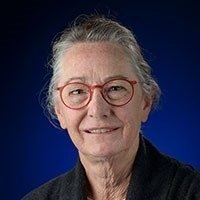
Limiting Contamination of Mars with Life from Earth When Human Explorers Arrive
Although international guidelines are in place to prevent the forward transfer of microorganisms from Earth to Mars during exploration by humans there is no regulatory authority. The US National Aeronautics and Space Administrations (NASA), the European Space Agency (ESA), and the China National Space Agency (CNSA) are likely to succeed in landing crewed spacecraft on Mars within the next 2 decades. NASA, ESA, and CNSA participate in the Committee on Space Research which develops and publishes international standards related to space exploration including future human exploration on Mars near surface locations with evidence of temperatures reaching above -25 0C (-13 0F) and having water available for biological reactions. These two conditions define Special Regions which are expected to be priority targets in the search for evidence of extraterrestrial life. The environmental challenge lies in collecting samples from Special Regions without the transfer of terrestrial microorganisms capable of survival and growth. Lisa Pratt, Professor Emerita of Earth and Atmospheric Sciences, former NASA Planetary Protection Officer, and Co-Chair of the Committee on Planetary Protection for the National Academies of Science, Engineering, and Medicine, will help us understand whether the international race to explore with humans will override the scientific imperative to prevent irreversible forward contamination of Mars with life from Earth.

Limiting Contamination of Mars with Life from Earth When Human Explorers Arrive
Although international guidelines are in place to prevent the forward transfer of microorganisms from Earth to Mars during exploration by humans there is no regulatory authority. The US National Aeronautics and Space Administrations (NASA), the European Space Agency (ESA), and the China National Space Agency (CNSA) are likely to succeed in landing crewed spacecraft on Mars within the next 2 decades. NASA, ESA, and CNSA participate in the Committee on Space Research which develops and publishes international standards related to space exploration including future human exploration on Mars near surface locations with evidence of temperatures reaching above -25 0C (-13 0F) and having water available for biological reactions. These two conditions define Special Regions which are expected to be priority targets in the search for evidence of extraterrestrial life. The environmental challenge lies in collecting samples from Special Regions without the transfer of terrestrial microorganisms capable of survival and growth. Lisa Pratt, Professor Emerita of Earth and Atmospheric Sciences, former NASA Planetary Protection Officer, and Co-Chair of the Committee on Planetary Protection for the National Academies of Science, Engineering, and Medicine, will help us understand whether the international race to explore with humans will override the scientific imperative to prevent irreversible forward contamination of Mars with life from Earth.
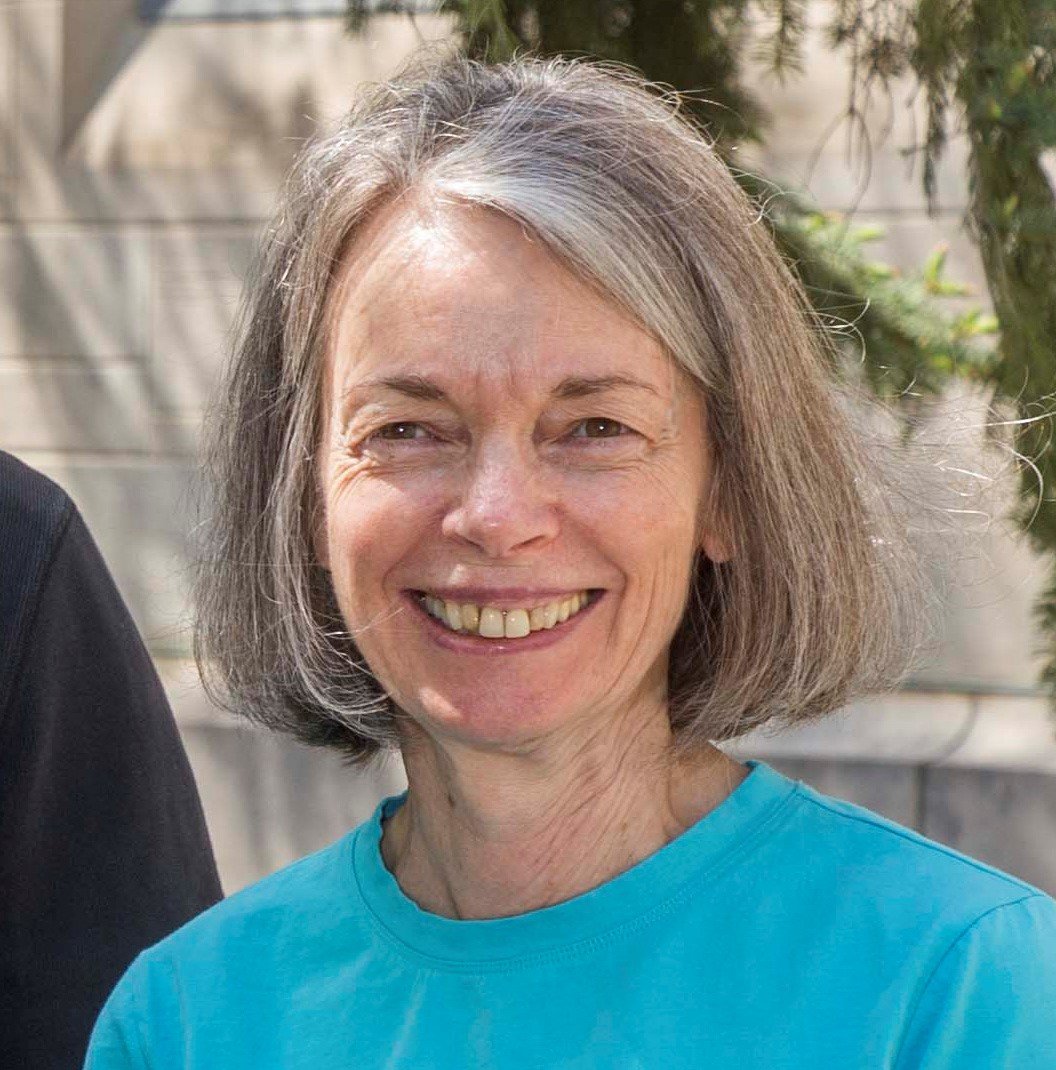
Vaccines: Over 200 Years of Saving Lives, but Are We Ready for the Next Pandemic?
Vaccines have been saving lives for over 200 years, but recent decisions by the current administration have put millions at risk for known diseases as well as possible future pandemics. In this presentation, IU Emerita Professor of Biology, Patricia Foster, will briefly review what vaccines are, how they protect against infections, and how their efficacy and safety are determined. Then she will delve into the science of mRNA vaccines, how they were developed, how effective they were against the COVID pandemic, and why they are our best defense against upcoming pandemics.

Understanding Autism
A great deal of misinformation has been spread – particularly by our current President and Secretary of Health and Human Services – about the reasons for the rapid rise in diagnosed cases of autism spectrum disorder over the past half-century. Steve Vigdor and Tim Londergan, Professors Emeritus of Physics at Indiana University, will review the expansion of diagnostic criteria for the neurodevelopmental condition(s) known as autism, and how these diagnostic changes have contributed to the rise. They will also show that the totality of epidemiological studies establish no link between autism and vaccines and at most a weak association (not necessarily causal) with prenatal Tylenol usage. Extensive twin studies have established a dominant role for genetics and a minor role for environmental conditions in contributing to autism. Ongoing brain imaging studies of people on the autism spectrum are revealing atypical connectivity issues that are associated with some autistic behaviors.

Vaccines: Over 200 Years of Saving Lives, but Are We Ready for the Next Pandemic?
Vaccines have been saving lives for over 200 years, but recent decisions by the current administration have put millions at risk for known diseases as well as possible future pandemics. In this presentation, IU Emerita Professor of Biology, Patricia Foster, will briefly review what vaccines are, how they protect against infections, and how their efficacy and safety are determined. Then she will delve into the science of mRNA vaccines, how they were developed, how effective they were against the COVID pandemic, and why they are our best defense against upcoming pandemics.
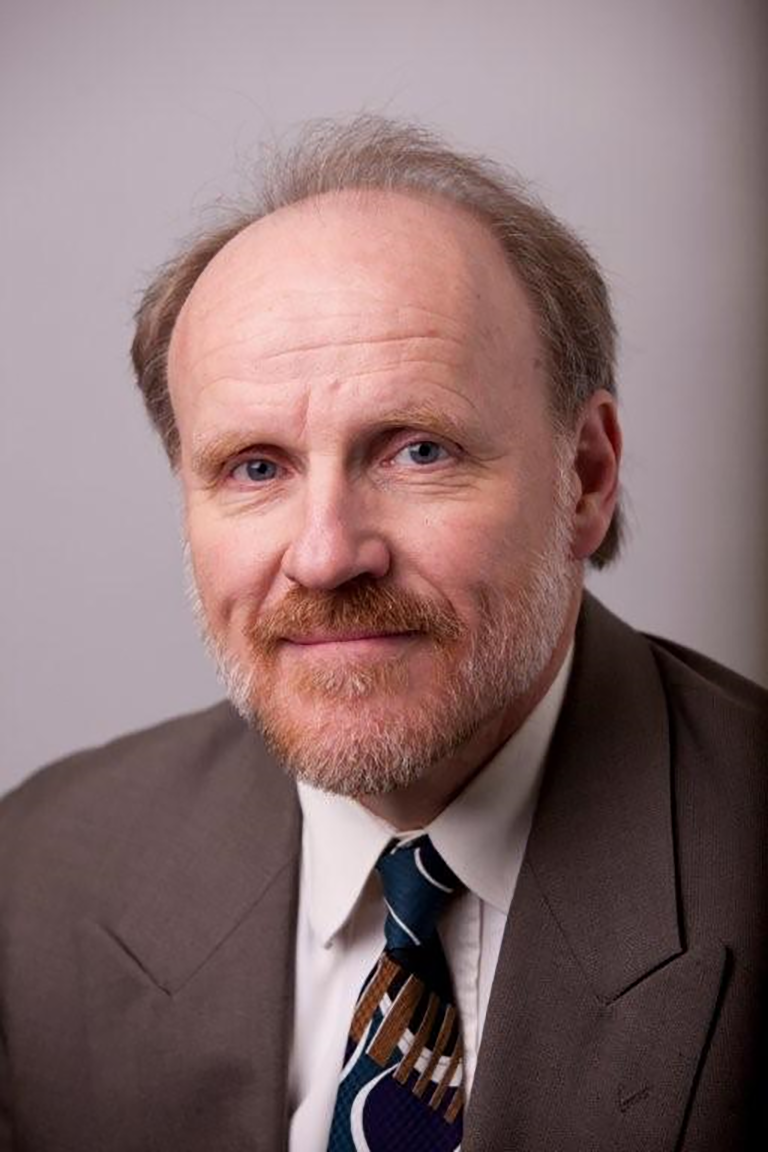
Some Economics of the Social Safety Net
Over 40 million people in America receive SNAP (food stamp) benefits, over 70 million are enrolled in Medicaid, and about 9 million receive Section 8 Housing Choice Vouchers. Gerhard Glomm, Professor of Economics, will discuss some of the design features of these programs, with an emphasis on relatively recent changes, such as work requirements. He will then share data on the costs and benefits of these programs.
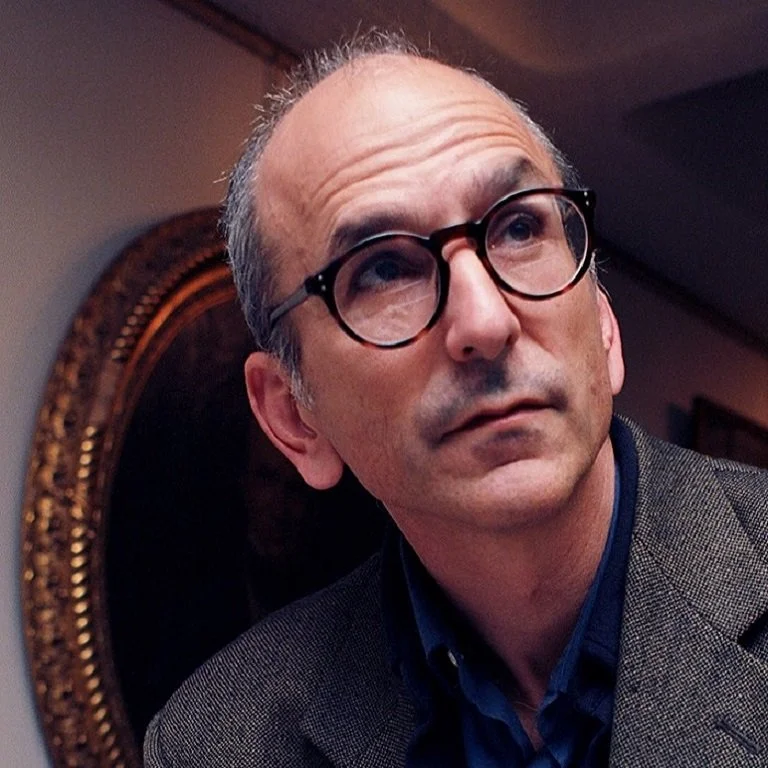
The Museum in Question: An Inside Look at Two New IU Exhibitions
How do museums differ from classrooms, publications, and other learning media? What do museum people want their visitors to learn and feel—and what preconceptions help or hinder visitors from meeting those expectations? Eric Sandweiss, Thomas and Kathryn Miller Professor of History, offers an insider’s look at two exciting new IU exhibitions that allows us to hear how museum people think—and to respond for ourselves. We’ll take a historical tour of campus on our way between the museums, and we’ll wind up our afternoon with an informal chat at the McCalla School—home to IU’s wonderful University Collections.
The structure of this event is unusual (and exciting) for the Traveling University.
Participants will meet at the IU Art Museum atrium at 1 pm on Apr. 24 where they will be greeted by curators and shown the new Mulyana: Vital Ecosystems show.
That visit to the IU Art Museum will be followed by a short historical campus tour (c. 2-230 pm) en route to the IU Museum of Archaeology and Anthropology. Participants will meet with curators before viewing their new Shipwrecks: Living Museums show.
The event will finish up (c. 3:30) at the McCalla School where participants will learn more about University Collections and spend half hour or so debriefing on the day. Estimated finish: 4 or 4:30.
We will ask participants to preregister as this event is limited to 25 participants. Details to follow!

Why You Should be Concerned about Climate Change: What the Data Tell Us - Part 1
In this two-part series, Tim Londergan and Steve Vigdor, Professors Emeritus of Physics, will present the basic science behind global warming and climate change . The presentation will emphasize empirical data rather than complex climate models. They will discuss short-term impacts of climate change that are already being felt, and long-term concerns about potential irreversible changes to Earth systems. They will then outline steps that could be taken to mitigate the most severe impacts of climate change, if the civic will to do so can be mustered. Questions and comments from the audience are welcome!
The first lecture will focus on the following questions:
A. How do we know that global climate change is real, and that humans are responsible for global warming?
B. What are the short-term impacts of climate change?

Lincoln's Declaration: How He Interpreted--and Defended--Our Founding Document
To honor its 250th Anniversary, John Schilb, Culbertson Chair and Professor Emeritus of English, will analyze Abraham Lincoln’s rhetoric regarding the Declaration of Independence. Many of Lincoln's opponents (e.g., Stephen Douglas and Jefferson Davis) either ridiculed the Declaration's claim that "all men are created equal" or believed that it applied just to whites. Lincoln maintained that "all" really did mean everyone. Only gradually, however, was he willing to consider Black people his social peers. Statements that he made during his debates with Douglas reflect this complex attitude. And even the Gettysburg Address does not assume that the Declaration's message has a future. Indeed, that speech called the Declaration's claim about equality a "proposition" to be tested. That is, Lincoln saw American democracy as something that might not endure. Its fate still seems in question, so his take on the Declaration remains timely.

Some Economics of the Social Safety Net
Over 40 million people in America receive SNAP (food stamp) benefits, over 70 million are enrolled in Medicaid, and about 9 million receive Section 8 Housing Choice Vouchers. Gerhard Glomm, Professor of Economics, will discuss some of the design features of these programs, with an emphasis on relatively recent changes, such as work requirements. He will then share data on the costs and benefits of these programs.

Why You Should be Concerned about Climate Change: What the Data Tell Us - Part 2
In this two-part series, Tim Londergan, Professor Emeritus of Physics, and Steve Vigdor, will present the basic science behind global warming and climate change . The presentation will emphasize empirical data rather than complex climate models. They will discuss short-term impacts of climate change that are already being felt, and long-term concerns about potential irreversible changes to Earth systems. They will then outline steps that could be taken to mitigate the most severe impacts of climate change, if the civic will to do so can be mustered. Questions and comments from the audience are welcome!
This second lecture will focus on the following questions:
Climate tipping points: what may change irreversibly
How can humans mitigate climate change impacts?
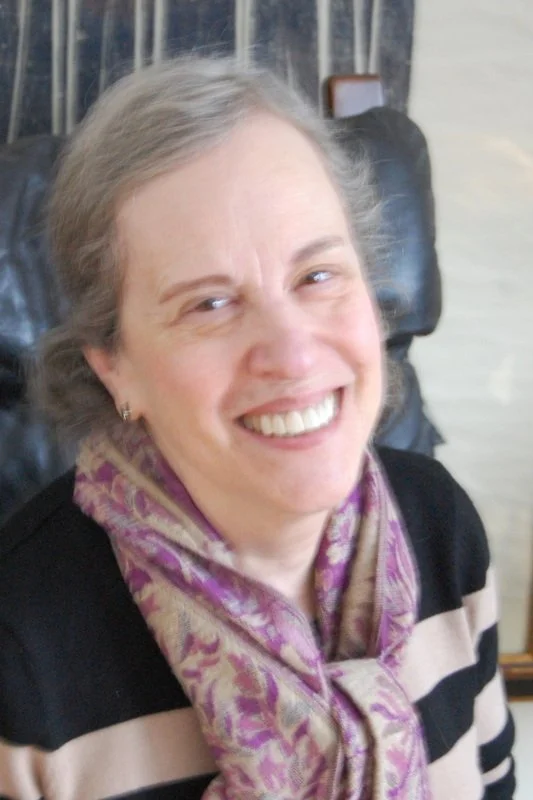
Immigration and Politics
Immigration and deportation have been political flashpoints for centuries, but these issues have been defined in very different ways by different groups. In this talk, Marjorie Hershey, Professor Emeritus of Political Science, award-winning scholar and teacher of electoral politics, will explore real facts about immigration to the US in recent decades, the widely differing ways immigration has been portrayed in American political debate, and the consequences of those differing definitions for public policy. Join her to consider some ways to deal with the genuine economic, cultural, and political issues of legal and undocumented immigration while also coping with the emotional tone of the public discussion surrounding it..

Common Wealth: Living in a Shared World
Our wellbeing depends far more on the wealth we share than on our private finances and possessions. This talk by Scott Russell Sanders, Professor Emeritus of English at Indiana University and Fellow of the American Academy of Arts and Sciences, will celebrate the gifts of nature and culture that support and enrich our lives. It will also show how these shared riches—atmosphere, oceans, biodiversity, parks and public schools, arts and science, laws and language, and many more—are under assault by those who wish to exploit them for personal or corporate gain. By recognizing the common wealth that sustains us, we may be moved to defend it. Questions, reactions, and insights will be welcomed.

Why You Should be Concerned about Climate Change: What the Data Tell Us
In this two-part series, Tim Londergan, Professor Emeritus of Physics, and Steve Vigdor, will present the basic science behind global warming and climate change . The presentation will emphasize empirical data rather than complex climate models. They will discuss short-term impacts of climate change that are already being felt, and long-term concerns about potential irreversible changes to Earth systems. They will then outline steps that could be taken to mitigate the most severe impacts of climate change, if the civic will to do so can be mustered. Questions and comments from the audience are welcome!
This second lecture will focus on the following questions:
Climate tipping points: what may change irreversibly
How can humans mitigate climate change impacts?
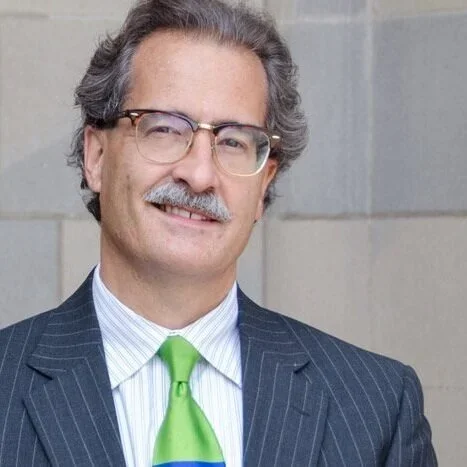
PBS: A Legacy of Service
Almost since its inception, PBS has been a political football. Even so it continues to be one of the most trusted institutions in America. But even many of PBS' champions do not know where PBS came from, how it is structured or how it is funded. Steve Krahnke, former Senior Lecturer at the Indiana University Media School, a 30 year veteran of PBS stations and program production, and executive producer of the award-winning Cuba: The Forgotten Revolution, provides some clarity.
A brief reception will follow the lecture.

Why You Should be Concerned about Climate Change: What the Data Tell Us
In this two-part series, Tim Londergan and Steve Vigdor, Professors Emeritus of Physics, will present the basic science behind global warming and climate change . The presentation will emphasize empirical data rather than complex climate models. They will discuss short-term impacts of climate change that are already being felt, and long-term concerns about potential irreversible changes to Earth systems. They will then outline steps that could be taken to mitigate the most severe impacts of climate change, if the civic will to do so can be mustered. Questions and comments from the audience are welcome!
The first lecture will focus on the following questions:
A. How do we know that global climate change is real, and that humans are responsible for global warming?
B. What are the short-term impacts of climate change?
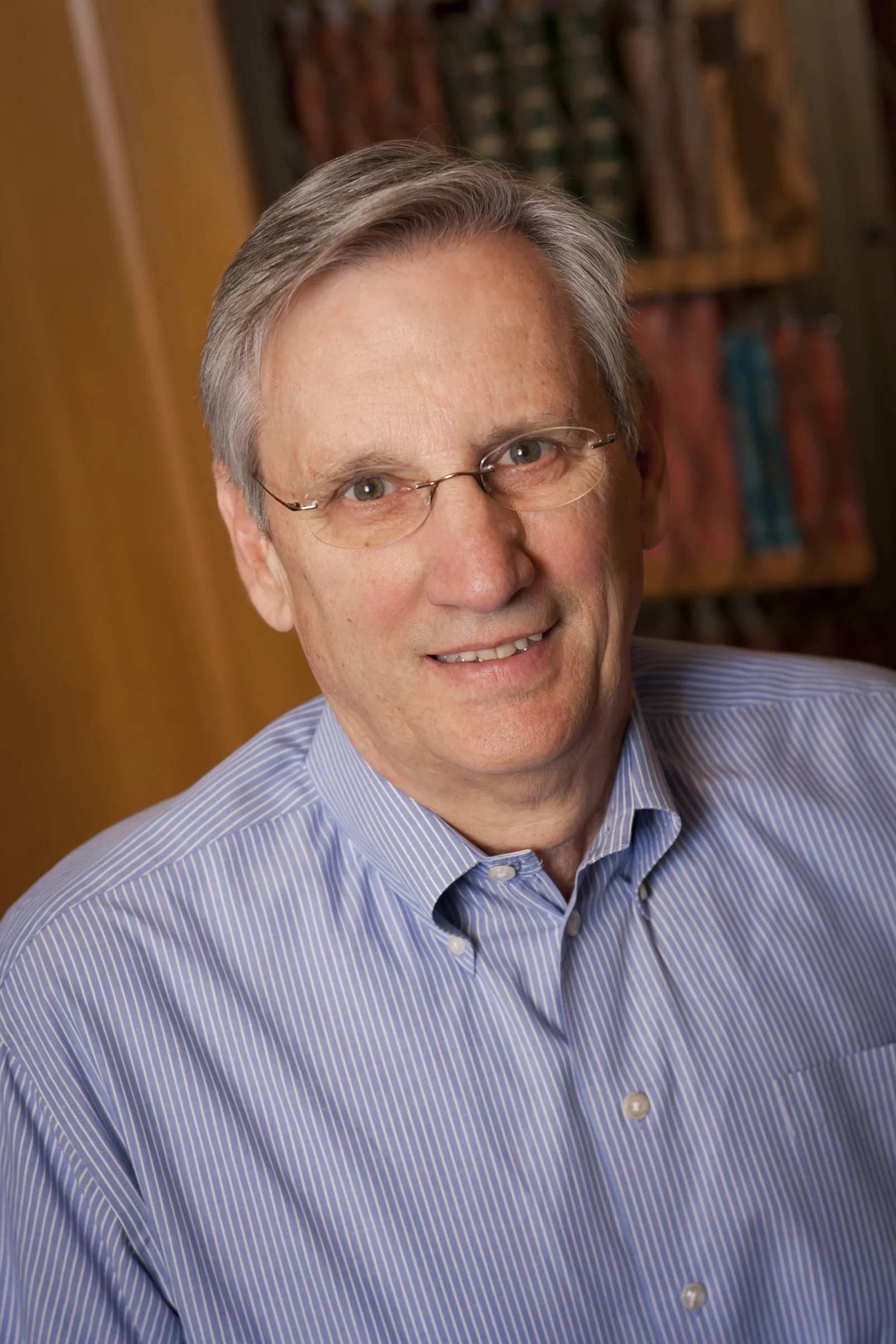
Courage in the Face of Hate: Hoosiers Who Stood Against the Klan
Courage in the Face of Hate: Hoosiers Who Stood Against the Klan
James H. Madison
Professor Emeritus of History, Indiana University
Some have said that Indiana in the 1920s was a Ku Klux Klan state. That is not true, because there were always Hoosiers who resisted the Klan. Join us for a thought-provoking evening exploring this resistance. James H. Madison, Indiana University History Professor and author of The Ku Klux Klan in the Heartland, will help us think about those who stood up to Klan bigotry directed toward Catholics, Jews, African Americans, and immigrants. Courageous lawyers, journalists, clergy, politicians, and ordinary citizens spoke out and acted.

Immigration and Politics
Immigration and deportation have been political flashpoints for centuries, but these issues have been defined in very different ways by different groups. In this talk, Marjorie Hershey, Professor Emeritus of Political Science, award-winning scholar and teacher of electoral politics, will explore real facts about immigration to the US in recent decades, the widely differing ways immigration has been portrayed in American political debate, and the consequences of those differing definitions for public policy. Join her to consider some ways to deal with the genuine economic, cultural, and political issues of legal and undocumented immigration while also coping with the emotional tone of the public discussion surrounding it..